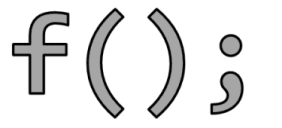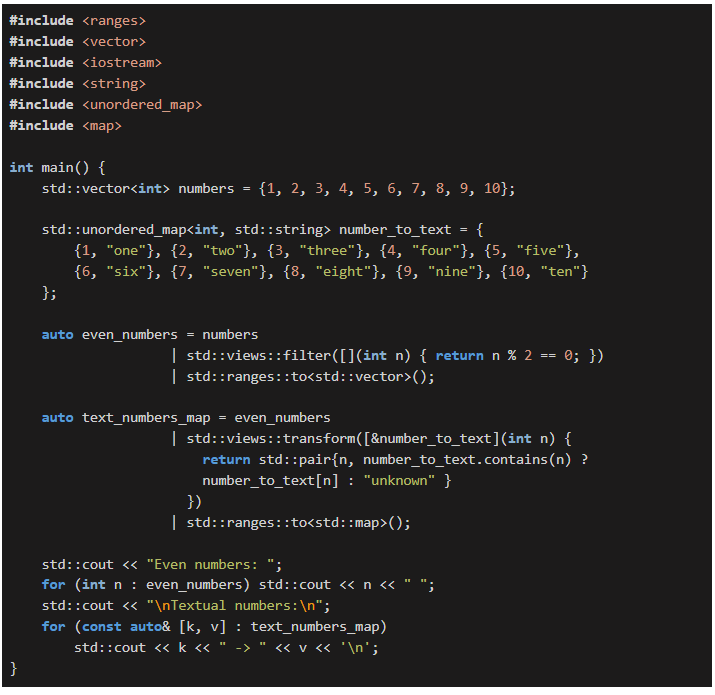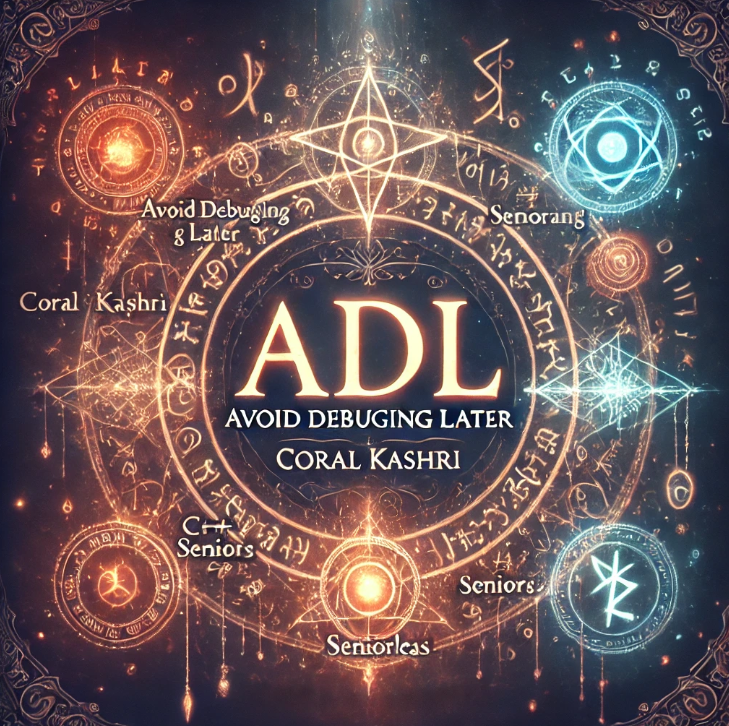Reverse Iterations -- Coral Kashri
 Sometimes, we all need a way to iterate over a container in the opposite direction. There are several ways to reverse-iterate a container, and in this article, we’ll explore them.
Sometimes, we all need a way to iterate over a container in the opposite direction. There are several ways to reverse-iterate a container, and in this article, we’ll explore them.
Reverse Iterations
by Coral Kashri
From the article:
Probably the simplest way, taken from C is to iterate using an index location:
for(int64_tindex = ssize(container); index >= 0; --index) {// do something with `container[index]`}
This way is highly not recommended as it might lead to infinite loops if done incorrectly (for example by usinguint64_torsize_tfor the index type), and you can find more issues with this way in some previous articles about iterators in this blog.

 static_assert
static_assert In this article, you’ll see eight larger examples that illustrate the changes in C++23.
In this article, you’ll see eight larger examples that illustrate the changes in C++23.
 When tasked with diagnosing why a pointer passed through a pipeline emerged offset from its original value, I discovered an interesting culprit: the misuse of a wrapper function around
When tasked with diagnosing why a pointer passed through a pipeline emerged offset from its original value, I discovered an interesting culprit: the misuse of a wrapper function around  Back in the day, being a witch was considered a grave crime. Today, we’re diving into one of C++’s lesser-known spells: ADL (Argument-Dependent Lookup).
Back in the day, being a witch was considered a grave crime. Today, we’re diving into one of C++’s lesser-known spells: ADL (Argument-Dependent Lookup).